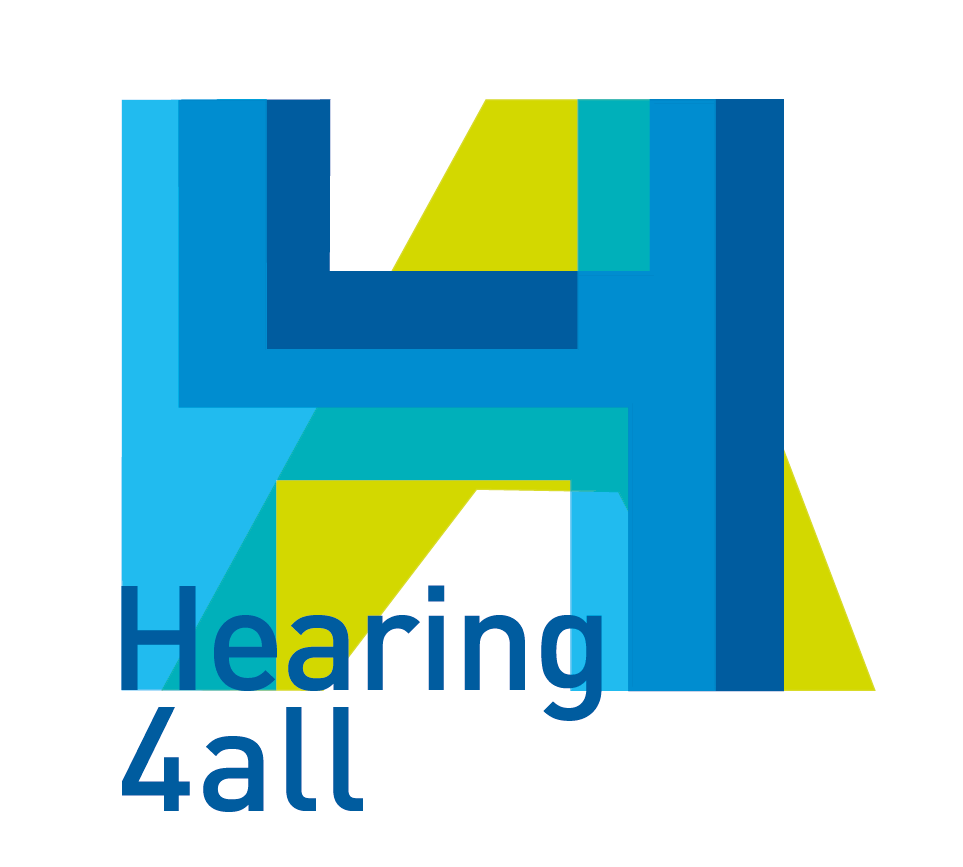Behavioural and neural consequences of closed eyes during attentive listening
A common strategy of listeners confronted with a noisy speech signal is to close the eyes. However, the empirical basis on whether closing the eyes actually benefits attentive listening is surprisingly sparse. Interestingly, closing the eyes and attentive listening induce the same neural response: a power increase of neural alpha oscillations (8–12 Hz) in parieto-occipital cortex regions. In the present study, we tested whether this increased alpha response to eye closure predicts more successful listening. Young healthy humans (n = 22) heard ten successively spoken digits, which were presented at a 0.75-Hz rate and embedded in white background noise (+10 dB SNR). Successive digits were alternately spoken by a female and a male voice and participants were instructed to attend to either of these voices. At the end of each trial, participants heard three of the ten digits again (uttered by a neutral voice) and they had to decide for each digit whether it was amongst the to-be-attended digits. The experiment was performed in complete darkness with participants having their eyes open or closed in half of the trials, respectively. Across all participants, closing the eyes did not enhance the accuracy of participants’ behavioural responses. However, recognition performance evenly divided listeners into profiteers (performance benefit from closed versus open eyes) and sufferers (performance decline under closed eyes). In the electroencephalogram (EEG), parieto-occipital alpha power fluctuated in synchrony with digits, peaking ~400 ms before the onset of each to-be-attended digit. Closing the eyes boosted this rhythmic alpha power modulation only in those listeners who behaviourally profited from closed eyes. Our findings demonstrate that attentive listening with open and closed eyes is accompanied by a dynamic neural adaptation of alpha oscillations to attended versus ignored speech items. Closing the eyes supports the inhibition of the visual system to improve auditory attention. However, only those individuals who increase their alpha power modulation under closed eyes can use this strategy to enhance the success of attentive listening.
Warning: Use of undefined constant s - assumed 's' (this will throw an Error in a future version of PHP) in /home/spinnluxnr/www/2017/pages/programme.php on line 208


